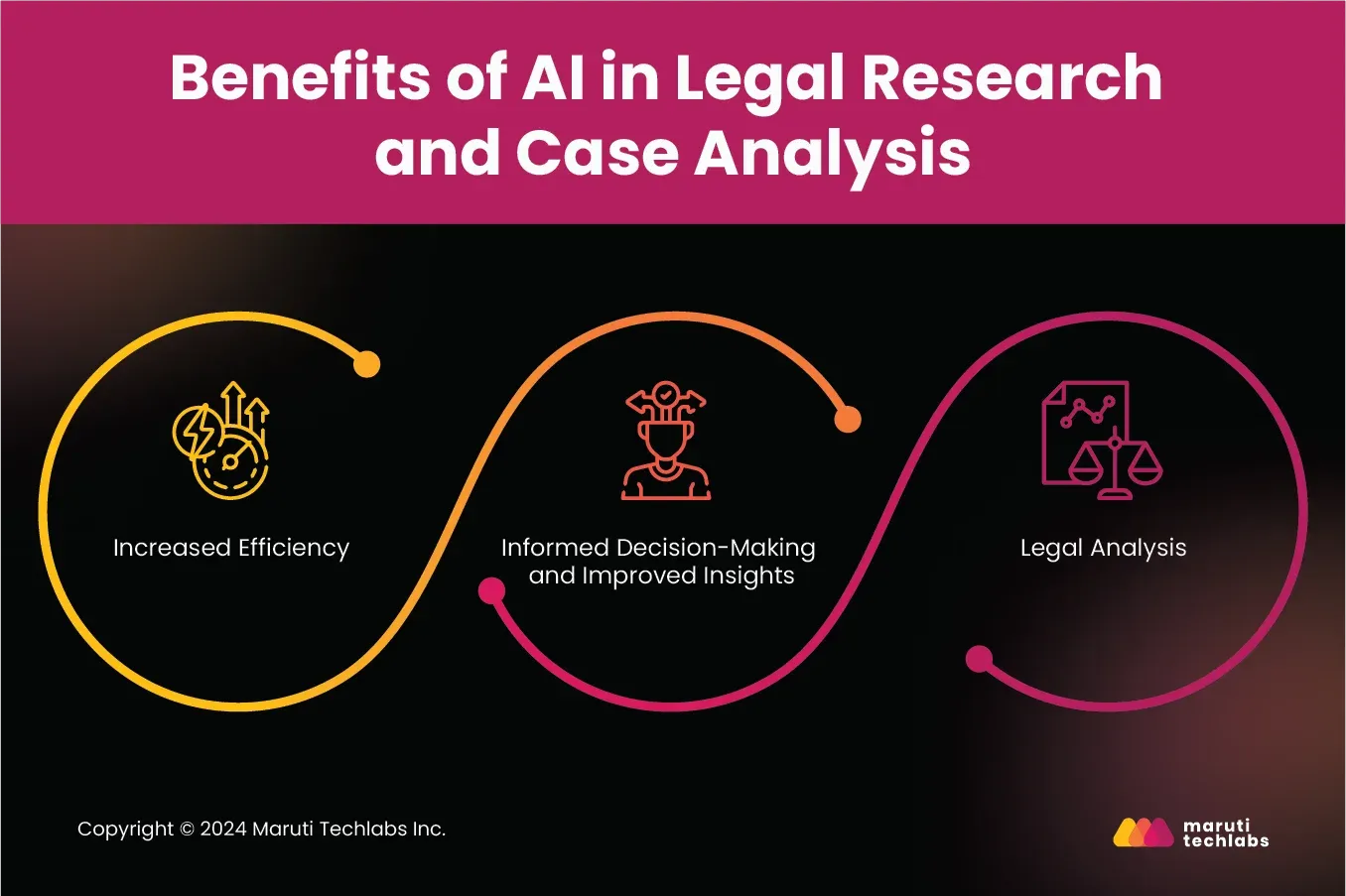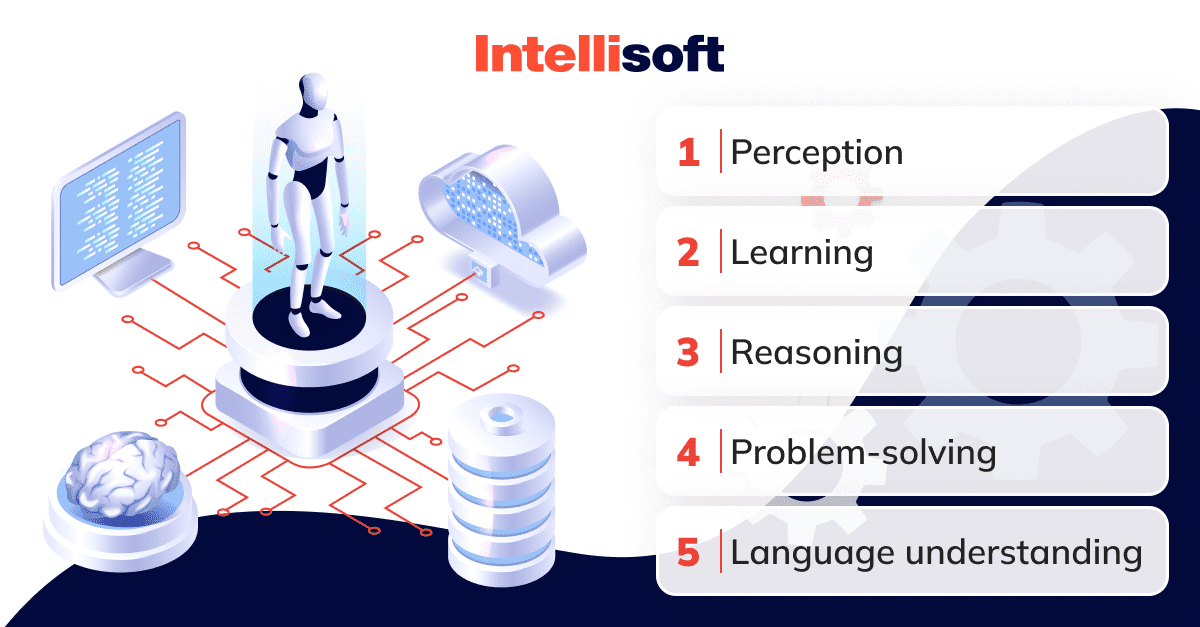
AI-Powered Legal Research: A Quantum Leap in Efficiency
Gone are the days of spending countless hours sifting through mountains of case law and statutes. AI-powered legal research tools are transforming how legal professionals conduct research. These tools can analyze vast datasets, identify relevant precedents, and even predict case outcomes with impressive accuracy. This allows lawyers to focus on strategic thinking and client interaction rather than tedious manual work, resulting in faster turnaround times and more efficient case preparation.
Automating Document Review: Saving Time and Resources
Document review, a notoriously time-consuming and expensive aspect of legal practice, is ripe for disruption by AI. AI-powered tools can quickly and accurately review thousands of documents, identifying key information and flagging relevant passages. This automation significantly reduces the workload for paralegals and junior associates, freeing them to focus on higher-value tasks. Furthermore, AI can help minimize human error, leading to more thorough and accurate document review.

Predictive Analytics in Litigation: Anticipating Outcomes and Strategizing Effectively
The ability to predict the likely outcome of a case is invaluable in litigation. AI algorithms can analyze past case data, considering factors such as jurisdiction, judge, and legal precedents, to generate probability scores for different outcomes. This predictive capability empowers legal teams to make informed decisions about settlement negotiations, resource allocation, and overall litigation strategy. It allows for a more data-driven approach, leading to more successful outcomes.
Contract Analysis and Management: Ensuring Accuracy and Reducing Risk
Contracts are the backbone of many legal transactions, and ensuring accuracy and completeness is paramount. AI can significantly improve contract analysis and management by automatically identifying key clauses, highlighting potential risks, and flagging inconsistencies. This reduces the risk of errors and omissions, saving time and money while enhancing the overall security of agreements. AI can even assist in generating standardized contract templates, further streamlining the process.
Enhanced Client Communication and Service: Improving Client Experience
AI is not just about back-end processes; it can also enhance client communication and service. Chatbots powered by AI can answer frequently asked questions, schedule appointments, and provide updates on case progress, freeing up lawyers to focus on more complex client interactions. This enhanced accessibility and responsiveness can lead to improved client satisfaction and stronger client relationships.
Ethical Considerations and the Future of AI in Law
As with any rapidly developing technology, the ethical implications of AI in law require careful consideration. Issues such as data privacy, algorithmic bias, and the potential displacement of legal professionals need to be addressed proactively. However, when used responsibly and ethically, AI has the potential to revolutionize the legal profession, making it more efficient, accessible, and equitable for all.
AI’s Role in Access to Justice: Bridging the Gap
One of the most promising aspects of AI in law is its potential to improve access to justice. AI-powered legal services can make legal advice and representation more affordable and accessible to individuals and small businesses who might otherwise be unable to afford traditional legal services. This democratizing effect has the potential to significantly level the playing field in the legal system.
The Human Element Remains Crucial: AI as a Tool, Not a Replacement
It’s important to remember that AI is a tool, not a replacement for human legal professionals. While AI can automate many tasks and enhance efficiency, the human element – judgment, empathy, and strategic thinking – remains crucial in legal practice. The best use of AI in law involves a collaborative approach, leveraging the strengths of both humans and machines to deliver superior legal services.
Continuous Evolution and Adaptation: Embracing the Changing Landscape
The field of AI is constantly evolving, with new tools and applications emerging regularly. Legal professionals need to stay abreast of these developments and adapt their practices accordingly. Continuous learning and a willingness to embrace new technologies will be key to thriving in this rapidly changing landscape. The future of law is inextricably linked with the responsible and effective use of AI. Read more about AI in legal research trends.
